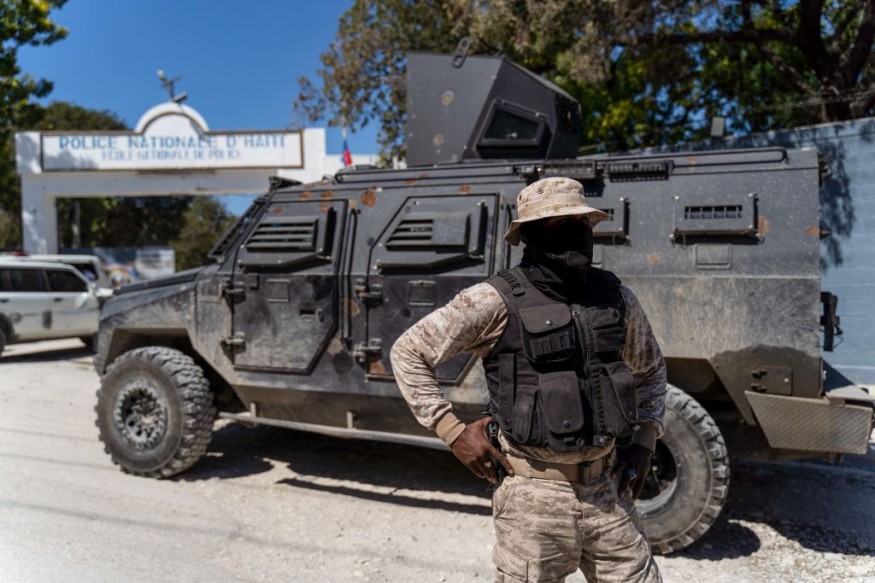Canada Sends Military Plane to Haiti to Survey Gang Activity

As the crisis in Haiti continues, other countries in the Americas are closely monitoring the situation in the Caribbean country, including Canada, which deployed a military surveillance plane to collect information on the activities of Haitian gangs.
The government of Canada's Prime Minister Justin Trudeau announced on Saturday that the CP-140 Aurora plane was being sent to Haiti to collect information about gangs and their activities. According to the Associated Press, the aircraft conducted two intelligence-gathering flights to Haiti before heading home Tuesday.
Canada's Defense Minister Anita Anand and Foreign Affairs Minister Mélanie Joly described the deployment as a demonstration of Canada's commitment to Haiti. The Caribbean country is currently grappling with interlocking crises from gangs to a cholera outbreak.
READ NEXT : U.N. Urges Countries to Send Troops to Haiti
Canada's Military Surveillance Plane's Mission to Haiti
The CP-140 Aurora long-range surveillance plane was originally assigned to a U.S.-led counter-narcotics mission in the Caribbean before it was assigned to another assignment. The plane was tasked to conduct two flights over gang-controlled areas in Haiti over two days.
According to Reuters, the mission promised to provide intelligence, surveillance, and reconnaissance capability to bolster efforts to establish and maintain peace. The aircraft has completed its information-gathering mission and is returning to Canada. However, it is still not clear how this information will be used.
The United Nations has called on other countries to send troops to gang-ravaged Haiti, but only Jamaica has committed so far. The two most powerful countries in the region, the United States and Canada, previously sent vehicles to help bolster the country's overwhelmed police force but made clear that they did not want to send any boots on the ground.
Prime Minister Ariel Henry has also called on other nations to send troops. However, the idea has proven divisive among Haitians who believe foreign troops would bring more instability to the country.
Ongoing Gang Violence and Cholera Outbreak Left Haiti's Children Relying on Foreign Aid
One of the most affected by Haiti's ongoing crisis is its children. The escalating gang violence, the political instability, and the cholera outbreak have made it more difficult for them.
UNICEF estimated that at least 2.6 million people are expected to need immediate lifesaving assistance this year, which has left children in the country in the worst position since the 2010 Haiti earthquake.
Unicef's Haiti representative, Bruno Maes, told The Guardian that the challenges children are facing are not just finding food and potable drinking water but also a lack of protection from the violence that is happening around them.
"Children are being abused, young girls are being raped and services are not there at the scale they should be for their survival and development," said Maes, as Haitian gangs not only battle each other and the police but also terrorize the populace of the areas they control.
This article is owned by Latin Post.
Written by: Rick Martin
WATCH: Fear, Violence and Chaos Grip Haiti as Gangs Seize Control - From PBS NewsHour
Subscribe to Latin Post!
Sign up for our free newsletter for the Latest coverage!
© 2026 Latin Post. All rights reserved. Do not reproduce without permission.














